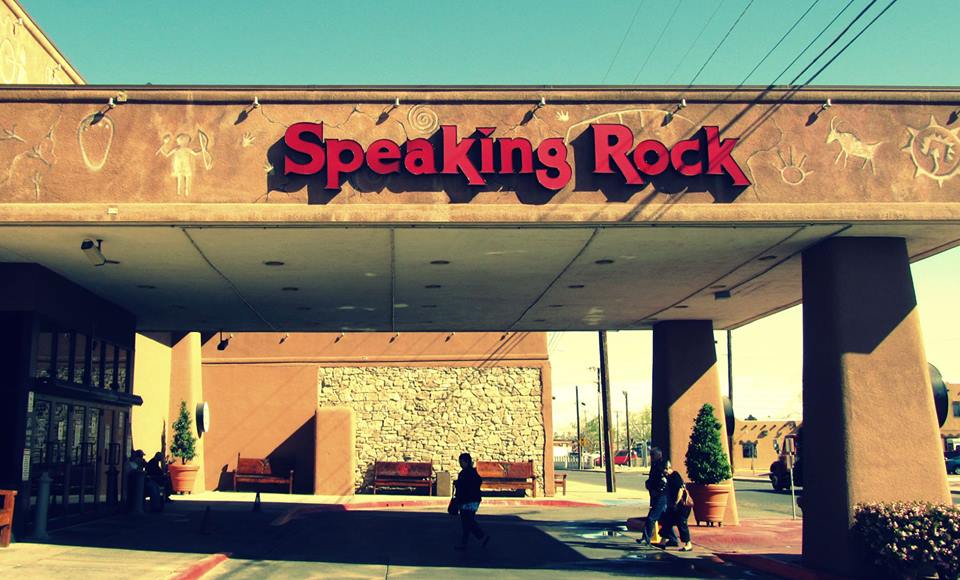Tigua facilities are now off limits to Texas state police unless permission is granted, based on a new ordinance the tribal council passed just a short time ago. An investigation has been ongoing involving the tribe and the ordinance was set based on the Texas attorney general sending in state police with hidden cameras to record what they are deeming illegal gambling.
The Tiguas state the investigation is in violation of the sovereignty of the tribe and created the ordinance to stop government officials, police and news media individuals from entering the Tigua lands without permission. Such individuals must have permission to visit all areas including the entertainment venues, which the general public can continue to visit without needed such permissions.
The tribe had previously took to court, complaining that the state police sent agents in to their entertainment centers to record gambling activity with hidden cameras, with the agents claiming the gambling was illegal. The Tiguas are currently in litigation with the Texas Attorney General’s office and are being represented by Dolph Barnhouse. The attorney stated that the agents coming in with hidden cameras is comparable to the state of Texas sending someone into Mexico to investigate without gaining permission. They are a sovereign entity and this is not how it is done.
Barnhouse stated that the ordinance was created to make it clear that Tigua lands are a sovereign area. Carlos Hisa, the Tigua Governor, sent a letter to the El Paso Times, which stated that as an Indian tribe, the pueblo is vested with inherent sovereign power to remove or exclude the limits of its reservation non-members of the tribe. Basically, the tribe has the right to say who is able to come on to their land. ‘Covered individuals’ must have special permission to enter the public areas of the reservation.
The letter continued to state that individuals who are considered members of the media or those who have a connection to a government agency, specifically of a law-enforcement capacity, will have access to pueblo lands if they are given a specific invitation, have obtained permission, have an inter-local agreement or are permitted by pueblo law. Those who are considered covered individuals are not considered those of the general public. Anyone who violates the ordinance will be at risk to paying a fine, set at a maximum of $2,000.
Apparently, the ordinance is a policy that has already been in place but has been made official due to the federal court case the tribe is currently in with the state of Texas. The tribe was granted approval from federal authorities to be able to offer certain games of chance under the National Indian Gaming Commission regulations but Ken Paxton, the Texas Attorney General, disagreed, stating the letters did not give the tribe the option to provide such gambling games.
Back in May, the tribe was ruled against by United States District Judge Kathleen Cardone, who stated the sweepstakes games the tribe offered were illegal gambling and the tribe had two months to remove such games. On the 10th of June, the tribe passed the ordinance for state officials to have permission before entering the entertainment centers, which should make it difficult for officials to try and monitor the gaming activities on-site.



